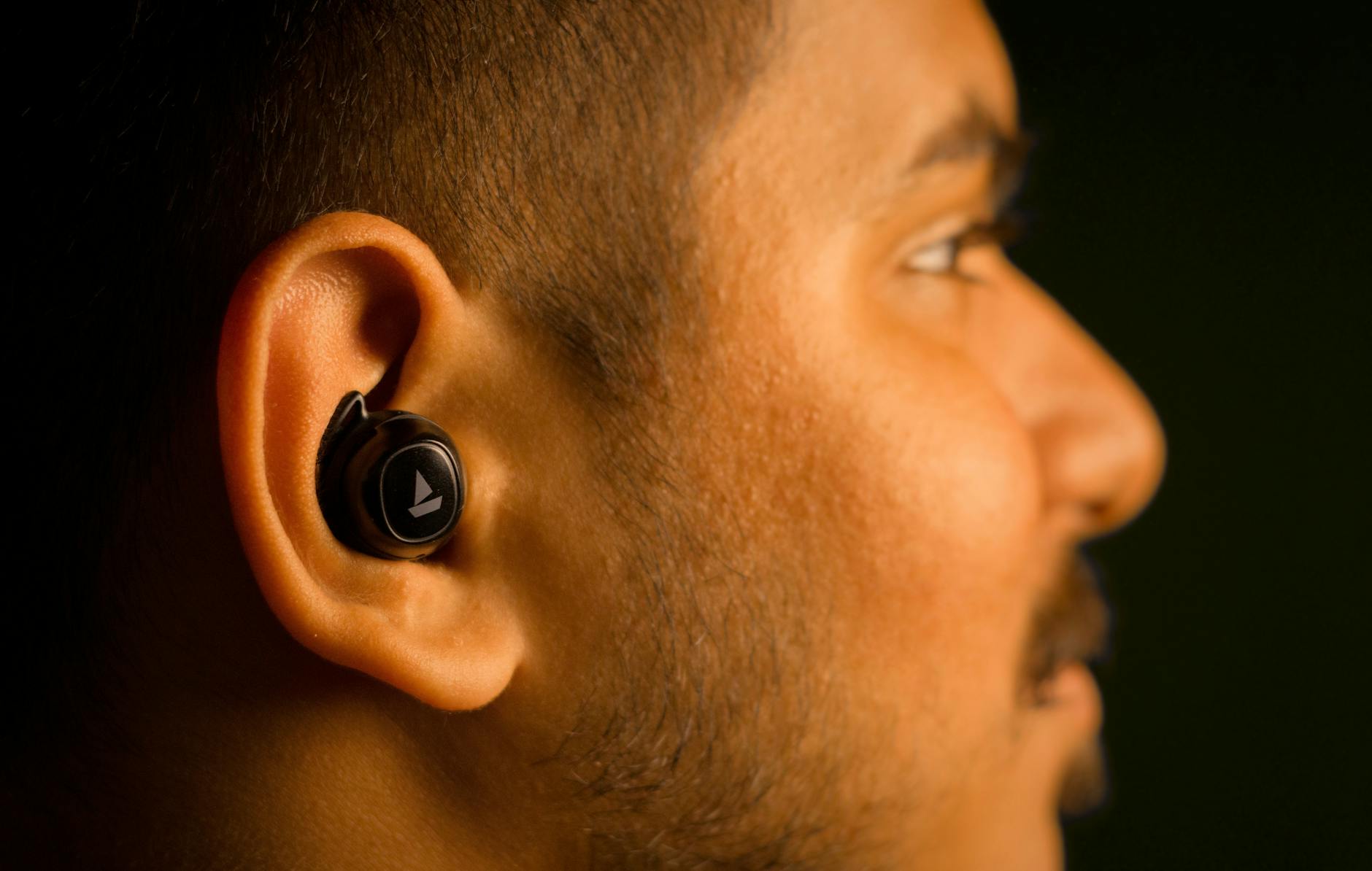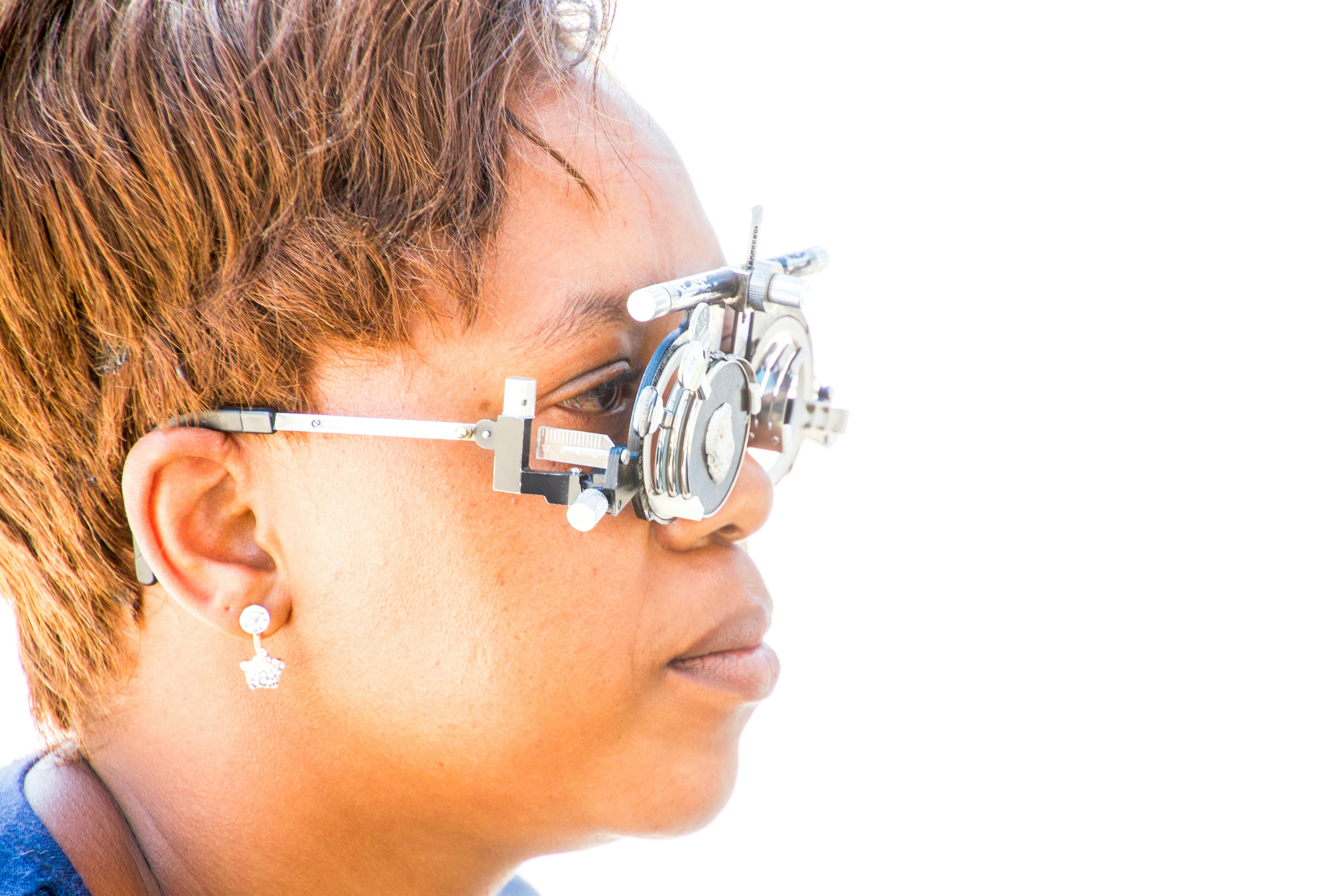If hearing better could also help your brain age better, would you wear your devices more? A major NIH-funded study put that exact idea to the test. The results are hopeful—especially if you’re older and at higher risk of cognitive decline—but the story is more nuanced than a catchy headline.
Let’s unpack what we know, what we don’t, and how to stack the odds in your favor, starting today.
First, the big question: Do hearing aids slow cognitive decline?
Short answer: They can—particularly in older adults already at higher risk for cognitive decline. A large randomized clinical trial called ACHIEVE found that a hearing intervention slowed the rate of cognitive decline over three years in a higher-risk group of participants. In the overall group, the difference was smaller and not statistically significant.
What the ACHIEVE trial actually tested
- Who: Nearly 1,000 adults, mostly ages 70–84, with untreated age-related hearing loss.
- What: Random assignment to a comprehensive hearing intervention (hearing aids fitted by professionals, communication counseling, and support) or a health education control program.
- How long: Three years of follow-up with repeated cognitive assessments.
What the trial found
- In the overall study population, cognitive change over three years was similar between groups.
- In a pre-specified subgroup of older participants already showing faster age-related decline (a higher-risk cohort), the hearing intervention cut the rate of cognitive decline roughly in half compared with the control group.
Plain language: If you’re at higher risk for cognitive decline (older age, vascular risk factors, faster baseline decline), treating hearing loss seemed to make a meaningful difference over three years. For everyone else, the benefit may be smaller or take longer to show up—but the door is far from closed.
Why the nuance matters
Observational studies have long linked hearing loss with higher dementia risk. But those studies can’t prove cause and effect: people who get hearing aids may differ in education, income, or health. ACHIEVE was a randomized trial designed to reduce those biases. Its results suggest that timing (earlier vs later), baseline risk, and the quality of the hearing intervention all matter.
Why hearing and cognition travel together
Several overlapping pathways likely explain the hearing–brain connection. Think of them as teammates on the same field.
- Listening effort (cognitive load): When auditory signals are faint or distorted, your brain has to work harder to decode speech. That extra effort may pull resources away from memory and thinking.
- Social isolation: Hearing trouble can shrink conversations, hobbies, and outings. Fewer rich social interactions can weaken cognitive resilience over time.
- Brain structure and function: Long-term sensory deprivation may lead to changes in auditory brain regions. Better input can help keep those circuits engaged.
- Shared health factors: Vascular disease, diabetes, and inflammation can affect both the ear and the brain. Managing those risks helps both.
What this means for you (actionable takeaways)
You can’t control your birthday, but you can control your inputs. Here’s how to turn the evidence into daily habits.
1) Get a real baseline
- Book a comprehensive hearing evaluation with an audiologist. Even mild hearing loss matters in noisy places and can increase listening effort.
- Ask for speech-in-noise testing if available—it better reflects real-world challenges than beeps alone.
2) Treat the hearing you have
- If hearing aids are recommended, prioritize a full intervention: professional fitting, real-ear verification, counseling, and follow-up fine-tuning.
- Consistency beats perfection. Aim to wear your devices during all waking hours—think 10–12 hours/day—so your brain gets stable, rich input.
- Use the features you’re paying for: directional microphones in noise, program switching, and remote mic accessories for groups or lectures.
3) Pair hearing with brain-healthy routines
- Move and connect: Walk with a friend, take a class, or join a club. Combine physical activity with conversation.
- Challenge your ears: Do short daily listening workouts—podcasts, audiobooks, or structured auditory training. Start with clear speech and gradually add background noise.
- Tame the noise: Protect your ears from loud sound so your aids aren’t fighting unnecessary damage. Carry musician’s earplugs for concerts and power tools.
- Manage whole-body health: Keep blood pressure, blood sugar, and sleep on track. Those systems support both hearing and cognition.
What if your hearing loss is moderate-to-severe?
When hearing aids can’t provide enough audibility or clarity—especially if speech is still unclear even with well-fit devices—cochlear implants may be an option. Growing research suggests that restoring access to speech with implants can improve communication and may support cognitive performance in older adults. An implant evaluation does not commit you to surgery; it simply maps out your options. Ask your audiologist or an ENT specialist whether you meet candidacy criteria.
Smart habits that help hearing aids help your brain
- Wear time: Treat your aids like glasses—on in the morning, off at bedtime.
- Noise strategy: In restaurants, sit with your back to the wall and face your conversation partner; request a quieter table.
- Use accessories: Remote microphones shine in lectures, cars, and group meetings.
- Fine-tune regularly: Hearing and environments change. Schedule follow-ups to adjust gain, noise reduction, and programs.
- Stay social: Make conversation a daily habit. Your brain thrives on varied voices and topics.
Common misconceptions, cleared up
- “I’ll wait until it’s bad.” Earlier, consistent treatment reduces listening effort sooner and may support long-term brain health. Waiting often makes adaptation harder.
- “Cheaper devices are the same.” Over-the-counter amplifiers help some, but the ACHIEVE intervention relied on professional fitting and counseling—pieces that matter for outcomes.
- “I hear fine in quiet, so I’m fine.” The real world is noisy. Struggling in restaurants or groups is a classic sign of meaningful hearing challenges.
When to consult a professional
- You turn up TV volume beyond what others prefer.
- You avoid restaurants, meetings, or phone calls because listening is exhausting.
- Family or friends notice you miss parts of conversations.
- You already use hearing aids but wear them less than 6–8 hours/day or still struggle in noise.
An audiologist can measure your hearing, guide technology choices, and create a plan that fits your life. If sudden changes occur, ear pain, or one ear is much worse than the other, seek care promptly—those are medical flags for an ENT specialist.
The bottom line
Hearing aids aren’t a magic shield against dementia. But for older adults at higher risk, high-quality hearing care can slow cognitive decline over several years. For everyone else, treating hearing loss reduces listening effort, boosts social connection, and keeps your auditory brain engaged—the raw materials of healthy cognition.
Your move today: book a hearing test, commit to consistent wear, and turn daily conversations into brain training you actually enjoy.
Further Reading
- Ears to Brain: Do Hearing Aids Slow Cognitive Decline? (Research) - Your Ears, Your Brain: The Cognitive Upside of Treating Hearing Loss (Hearing Loss) - Why Listening Feels Like Work: The Science of Effortful Hearing—and How to Ease It (Research) - Make Words Click Again: Auditory Training for Adults That Improves Conversation (Treatment)Frequently Asked Questions
Do hearing aids prevent dementia?
No single tool can guarantee dementia prevention. However, a large NIH-funded trial found that a comprehensive hearing intervention slowed cognitive decline over three years in older adults at higher risk. Treating hearing loss supports communication, reduces listening effort, and may help protect brain function alongside other healthy habits.
How many hours a day should I wear my hearing aids?
Aim for all waking hours—about 10–12 hours daily. Consistent wear gives your brain stable, high-quality input and makes noisy situations easier over time. If comfort or sound quality limits your wear time, ask your audiologist for adjustments.
What if I’m not ready for hearing aids?
Start with a professional hearing test to understand your baseline. If your loss is mild, communication strategies, situational amplification, and auditory training can help. Recheck your hearing yearly. If daily listening feels tiring or you’re avoiding social situations, revisit the hearing aid conversation with an audiologist.
Can cochlear implants help cognition in older adults?
Cochlear implants can significantly improve access to speech for people who don’t benefit enough from hearing aids. Emerging research suggests communication gains may support cognitive performance, but results vary. If you have moderate-to-severe loss and still struggle, ask about a cochlear implant evaluation.



